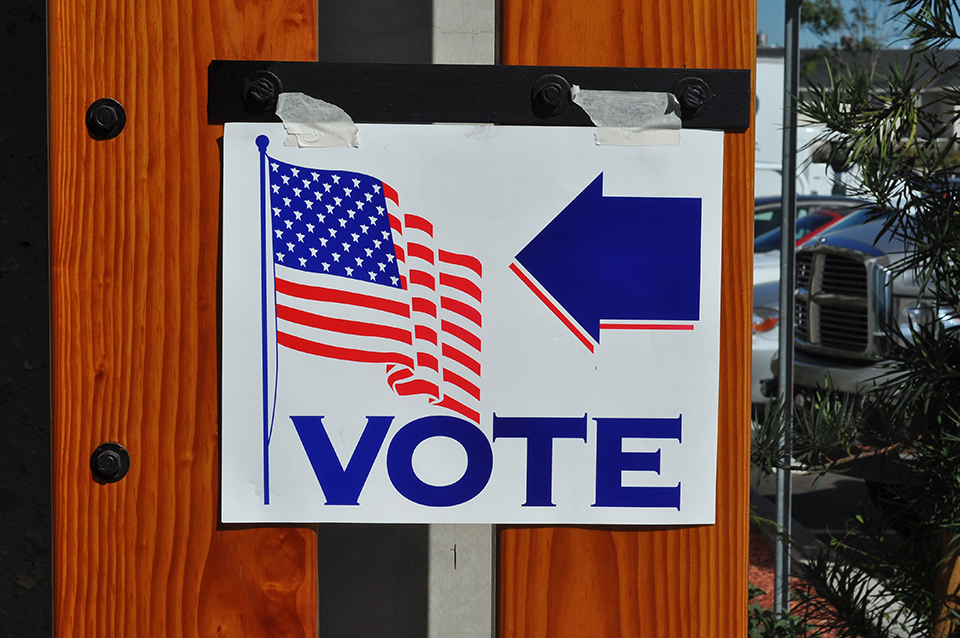As election season rapidly descends upon America, somehow the new generation of voters are left to decide between Hillary Clinton and Donald Trump. With these wonderful options left to vote for in the upcoming election, a big question is being posed around campuses across America, including Biola: Is it okay not to vote?
Tired of the tyranny of a two-party system
In short, yes. This answer can face hard opposition by older generations, but voting is not required by law. One of the best parts about having the liberty to vote is to not vote. This is not to say there are no other options besides voting for Trump or Clinton, but there is also the option not to vote at all.
There are many reasons why college students do not have to vote. Some are tired of the tyranny of a two-party system. Being systematically forced to sway to one side or the other is enduring.
Most do not even like either candidate. A Pew Research poll found that 37% of registered voters show discontent towards Clinton and 50% towards Trump. Even worse, that same poll found that 43% of registered Democrats were dissatisfied with their presidential candidate and 40% of registered Republicans were dissatisfied with their option. A survey conducted on-campus in spring 2016 found that, out of 210 students, 18.1% will not be voting in the upcoming election.
The distrusted and the disliked
Registered voters have good reason to think this way. They are stuck between someone not many trust, Clinton, and someone they dislike in general, Trump. Both candidates have some characteristics that can appeal to voters, but neither Trump nor Clinton can seem to drum up any earnest qualities that could, at this point, convince a skeptic to vote.
With Trump saying something absurd every day and more emails from Clinton’s private server coming to surface, it is becoming increasingly hard to find a reason to vote for either of them.
Not voting seems like a viable option, but it is also not the only option. Voting for Libertarian Party candidate Gary Johnson or Green Party candidate Jill Stein has become an increasingly popular option compared to past popularity of independent parties. A USA Today poll found that out of 1000 voters, 9% would vote Libertarian and 4% for Green. This may not be enough to win the election, but this could potentially put both parties on the ballot in the next presidential election.
It may be selfish not to vote. It may be an act of defiance that Baby Boomers can hold over the heads of Millennials, but making the choice to not vote is at least making a decision. It is okay not to vote. It is a decision to take a stance against the partisan political system and the quality of the current candidates. Not voting is voting. It is voting against the entire system in favor of a new one, something America desperately needs.







